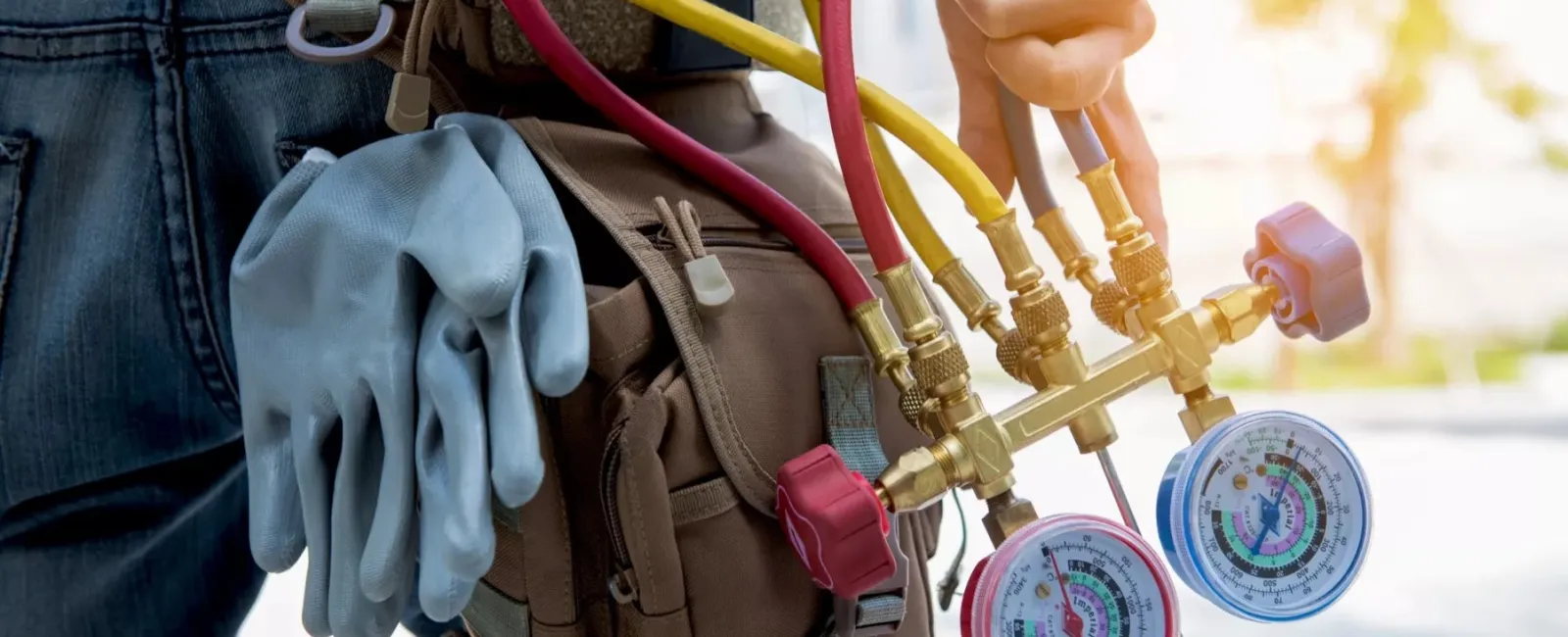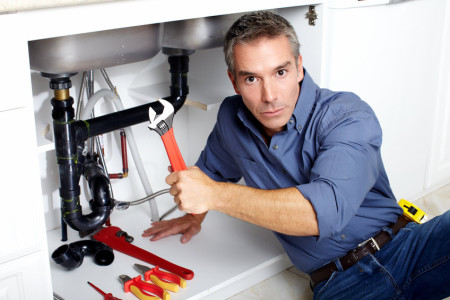Fast Fixes for Pipe Problems: Actions to Follow Until Support Arrives
Fast Fixes for Pipe Problems: Actions to Follow Until Support Arrives
Blog Article
Presented here down the page you can get some worthwhile insights with regards to Expert Tips for Managing a Plumbing Emergency Until Help Arrives.

Plumbing emergencies can strike at any moment, triggering stress and possible damages to your home. Whether it's a ruptured pipeline, a stopped up drain, or a leaky tap, recognizing just how to handle the circumstance until a professional plumber gets here can conserve you from additional complications. This article gives crucial emergency pipes pointers to assist you reduce damage and reclaim control throughout a pipes dilemma.
Turn Off the Water
The primary step in any pipes emergency is to shut off the water. For local issues, such as a dripping faucet or commode, switch off the valve near the fixture. When it comes to a significant leak or ruptured pipe, locate your home's major water shut-off valve and transform it off promptly. Knowing the place of these valves ahead of time can save beneficial time during an emergency.
Address Little Leaks with Short-lived Repairs
Small leakages can rapidly end up being significant issues if left unchecked. Utilize these short-lived fixes till expert assistance arrives:
While these solutions aren't permanent, they can aid minimize water loss and damages.
Unclog Drains Pipes Safely
A clogged up drain can be a discouraging and unpleasant issue. Here's just how to tackle it:
If these techniques do not work, avoid utilizing too much pressure, as it may intensify the obstruction.
Handle Overflowing Toilets
An overruning commode can create immediate mayhem. Right here's what you must do:
Turn off Your Hot Water Heater
In particular emergency situations, such as a burst pipe, it's a good idea to shut off your water heater. This avoids overheating or damage to the device when water quits moving. Switch off the power supply to the hot water heater (electrical or gas) and allow it cool to stay clear of prospective hazards.
Temporarily Stop a Ruptured Pipeline
A ruptured pipeline can cause considerable water damage in minutes. To mitigate the issue:
Call a specialist plumbing professional right away to deal with the problem permanently.
Take Care Of Frozen Water Lines Thoroughly
In colder environments, icy pipes are a common emergency situation. If you presume a frozen pipe:
Stop Further Damages
Taking quick activity to lessen damage can conserve you time and money in the long run. Below's how:
. Have an Emergency Situation Pipes Set
Prepare a basic plumbing emergency situation kit to manage minor problems effectively. Your package must include:
Having these devices on hand can make a considerable distinction in your ability to handle emergency situations.
Know When to Call a Professional.
While quick fixes can assist momentarily, certain plumbing concerns require instant specialist attention. Call a plumbing professional if:.
Immediately speaking to a professional guarantees the problem is settled correctly and avoids additional difficulties.
Conclusion.
Plumbing emergencies can be frustrating, yet with the appropriate knowledge and tools, you can handle the situation properly till help arrives. By turning off the water supply, dealing with small leaks, and using short-term repairs, you can decrease damage and keep your home safe. Keep in mind, these ideas are momentary remedies; constantly get in touch with a licensed plumbing to deal with the origin of the problem. Preparation and quick thinking are your finest allies in any type of pipes emergency situation.
8 Helpful Tips for Managing Plumbing Emergencies at Home
If your plumbing system hasn’t failed once, wait for it because almost everyone has a story to tell. Sometimes, it could be simple emergencies such as a leaking pipe, a blocked cistern, or even a big burst pipe. In situations like this, you need to have some handy tips to save you some money and from possible damages.
Take care of minor issues early.
Sometimes, you could have avoided an emergency by taking proactive measures while it was still early. Some major plumbing emergencies can be a result of an ignored minor issue. We recommend that you have items like plumbing tapes and other related items. A plumbing tape can allow you to manage minor leaks before the plumber arrives.
Cut off the water supply.
This tip is essential in almost any type of leakage problem. For problems like minor leakages in the toilet or kitchen, turn off the supply that takes water to the affected pipes. If the leakage is a major pipe, you must shut off the supply valve to the entire building. This will help you avoid flooding your home and neighbors if you share a flat.
Know your plumbing system
Folks typically move into a new apartment without understanding the water supply around the building. This can prove disastrous if a water emergency arises and the plumber is far away. The previous tip will prove useless if you don’t practice this one. More importantly, know where your water shut-off valve is located – you’ll need that knowledge to prevent potential home floods.
Have some common handy tools
There are lots of plumbing emergencies that you can handle without hiring a plumber. That’s why you must keep some tools available always. Some tools that you can use to fix simple plumbing emergencies easily include plumbing tapes, screwdrivers, thread seal tapes, plungers, pliers, tape measures, and rubber gloves.
Insulate your pipes from cold
You’ll save yourself from many plumbing expenses if you protect your water pipes from the cold. This is because of the harmful effects that cold weather can have on your pipes. During winter, your pipes can burst from being overly expected to freezing temperatures. So, make sure insulators are there to keep the pipes working correctly.
Avoid practices that will clog your toilet.
Many people indulge in practices that can damage the plumbing system of the entire building. One of these is when they use their toilet to dispose-off garbage. They flush all kinds of things, such as paper towels, bandages, hairs, female sanitary products, etc., down the toilet. This will block your toilet in the long run, incurring unnecessary expenditures. Dump such waste in the trash instead.
Check your dials regularly.
Sometimes, there could be leakages in your home without noticing them in time. So, constantly monitor your water meter dial. If the dial is reading when there is nobody using water, this is an indicator that there is leaking. Check for leaks immediately. Call a plumber as soon as possible if you can’t find any.
https://www.constructionplacements.com/8-helpful-tips-for-managing-plumbing-emergencies-at-home/

I'm certainly very curious about Expert Tips for Emergency Plumbing Repairs and I'm hoping you liked the new piece. In case you appreciated our article if you please do not forget to pass it around. Thanks so much for your time spent reading it.
Call Report this page